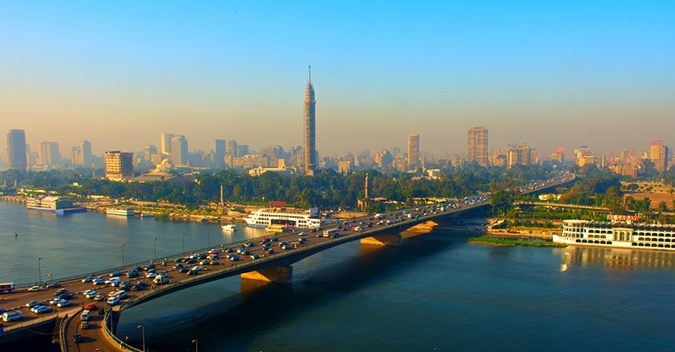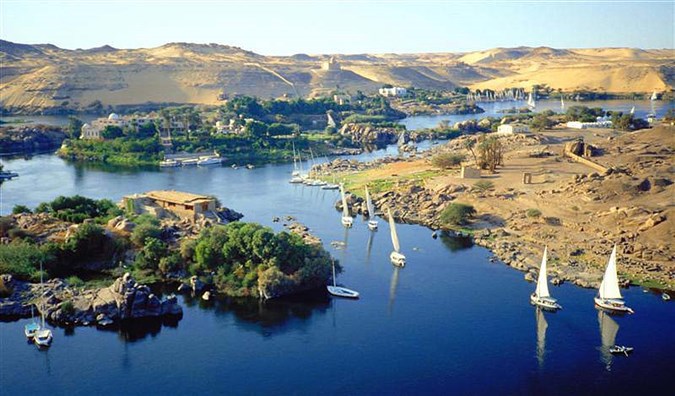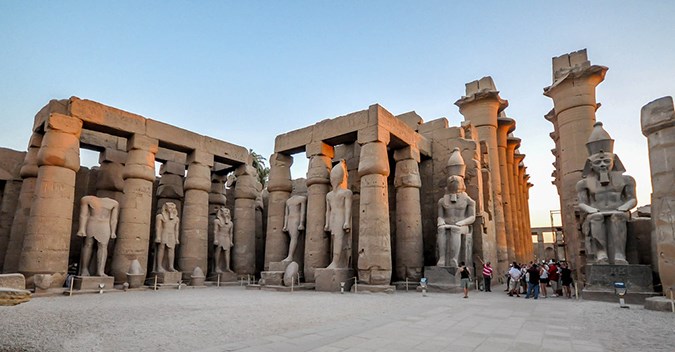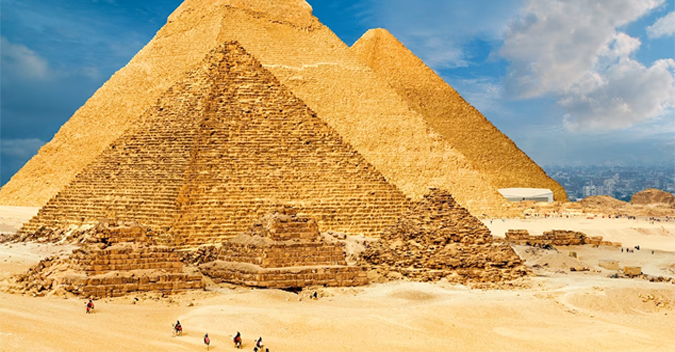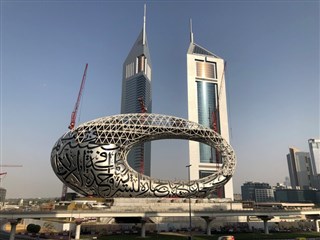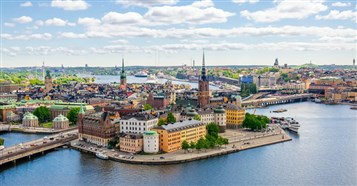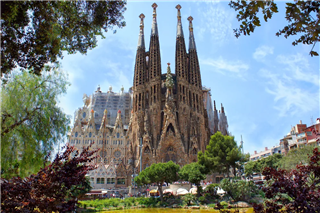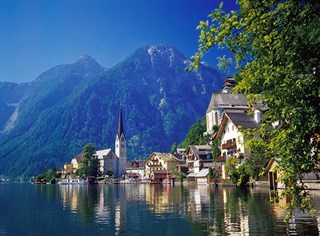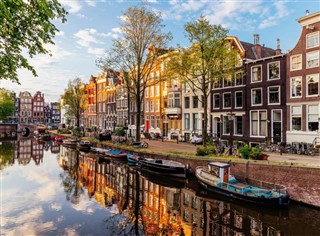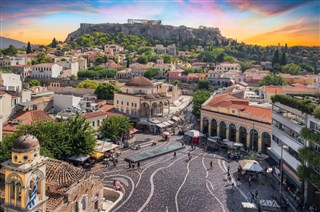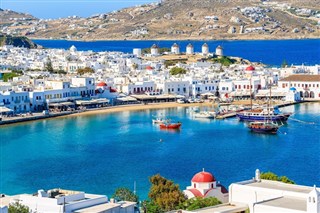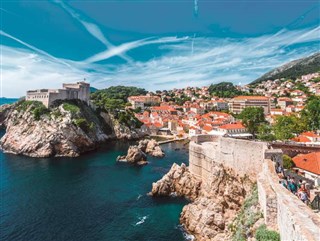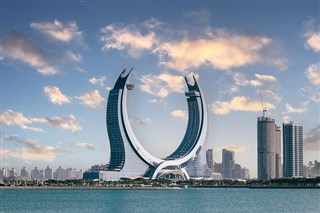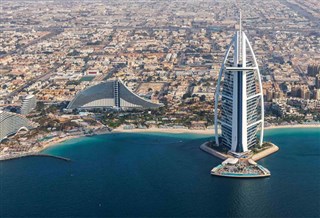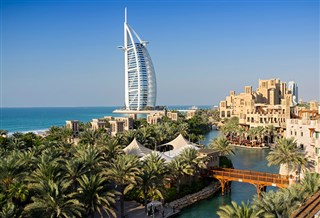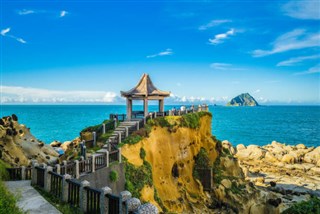-
-
LATEST NEWS CLICK HERE


RV Da Vinci - Cairo & cruise on the Nile: The Land of the Pharaohs
Cairo, Luxor, Edfu, Kom Ombo, Aswan, Esna & LuxorHighlights- Coptic Cairo and the historic city.
- Discover the Giza pyramid complex and Sphinx.
- THE MUSTS:
- The Great Pyramid of Giza, one of the Seven Wonders of the Ancient World.
- The necropolis in Saqqara and the pyramid of Teti
Day 1: CAIROYour program will begin according to your time of arrival in Cairo. If you arrive at the hotel before 7:00 p.m., your program will be:
Guests are welcome to check in at our 4-star hotel beginning at 3:00 p.m. So that our local representative can assist you, make sure you have provided your flight arrival time. After checking in at the hotel, you’ll be transferred to a restaurant in the city for dinner. You’ll spend the night at the hotel.
Day 2 : CAIROFull-day excursion included: Saqqara, the pyramid of Teti, Giza pyramid complex, and the Museum of Egyptian Antiquities. We'll visit Saqqara and one of the largest necropolises in Egypt. This fascinating site contains royal tombs and modest burial sites, giving us a good idea of daily life in ancient Egypt. Recently, archaeologists discovered five well-preserved and colorfully decorated tombs created almost 4,200 years ago. Enter the pyramid of Teti to admire the basalt sarcophagus under a vault decorated with stars. All the walls are covered in hieroglyphs, making this pyramid unique. We'll enjoy lunch. After, you'll discover one of the Seven Wonders of the Ancient World: The Giza pyramid complex and its Great Pyramid. At its sides sit the Pyramids of Khafre and Menkaure, as well as the Great Sphinx, a mythical creature with a human head and lion's body. We'll wrap up the day with a visit to the Museum of Egyptian Antiquities. Among its 120,000 artifacts are a multitude of treasures from "King Tut's" tomb, discovered in 1922.You’ll have dinner in the city and spend the night at the hotel.
Day 3: CAIROFull-day included excursion: The Citadel of Saladin, Great Mosque of Muhammad Ali Pasha, the Hanging Church, Saints Sergius and Bacchus Church, and the Ben Ezra Synagogue. We'll begin our tour with the citadel. Saladin began to build the citadel in Cairo in 1176 as a defense against the Crusaders. It subsequently became the residence of Egypt’s rulers for 700 years. Today, it is an impressive historical site whose walls provide great views of the city, including the pyramids in Gaza if the sky is clear. Next stop is a
visit to the Great Mosque of Muhammad Ali Pasha. The Mosque of Muhammad Ali Pasha was built for prayer and as a final resting place for its namesake, the ruler regarded as the father of modern Egypt. The mosque is also known as the Alabaster Mosque, invoking the shiny marble covering both the interior and exterior walls.We'll continue to Saint Virgin Mary's Coptic Orthodox Church. Also known as the Hanging Church, it sits above the ruins of the ancient Roman Babylon Fortress. Our last stops will be the Saints Sergius and Bacchus Church and Ben Ezra Synagogue, one of the oldest in Egypt. Although most of Egypt's Jewish community left the country to settle in Israel in the 1950s, the synagogue remains an important historical tourist destination.
You’ll have dinner in the city and spend the night at the hotel.
Day 4: CAIRO - LUXORYou'll fly from Cairo to Luxor. On arrival, you'll be transferred to the harbor, where you'll board our ship. Enjoy dinner and your first night on board.
Day 5: LUXOR - EDFUExcursion included: The Karnak Temple Complex. Built over a span of 1,000 years, Karnak was one of the largest and most important religious complexes in ancient Egypt. The immense size of Karnak and its various details make it an invaluable historical site and resource for understanding the evolution of ancient Egypt. Our ship will begin to cruise to Edfu. We’ll have dinner and spend the night on board.
Day 6: EDFU - KOM OMBOExcursion included: The Temple of Horus. Built between 237 and 57 BC, this temple is one of the bestpreserved ancient monuments in Egypt. It was excavated in the mid-19th century after being buried under sand and rubble for hundreds of years.
We’ll enjoy lunch on board as we continue to cruise towards Kom Ombo. We'll pass by Gebel el-Silsila, a major quarry site from the Eighteenth Dynasty of Egypt to Greco-Roman times.Join us for a presentation on ancient Egypt.
In the evening, we'll visit the Temple of Kom Ombo, dedicated to the gods Sobek (the crocodile god) and Haroeris (Horus the Elder). By the late 1800s, much of the temple had been either destroyed by earthquakes, the waters of the Nile, or builders who took stones for other projects. It was cleaned and restored by Jacques de Morgan in 1893. The temple is unique because its dual design shows duplicated courts, halls, sanctuaries, and rooms for two sets of gods.
We’ll enjoy an Egyptian-themed dinner and spend the night on board.
Day 7: ASWANExcursion included: The Philae Temple Complex and photo op at the Aswan Dam. After the dam was finished in 1902, the temple complex was partially submerged. In 1960, UNESCO started a project to save the buildings. In the long run, every building was dismantled into units and then transported to a nearby island for reconstruction. The most ancient temple is dedicated to Isis and dates back to 380 BC.We'll visit the Aswan Dam, one of the largest dams in the world. It tames the Nile River and utilizes its power for a variety of reasons, most notably to provide electricity to the country. Since its construction, the dam has been able to control the annual flooding of the river and has allowed the installation of an irrigation system that helps produce two crops per year.
We’ll have lunch on board.
Excursion included: Boat tour on the Nile and teatime in a fabulous setting. We’ll board small local boats and enjoy a ride on the Nile, between the granite islands and natural reserves, passing close to the island of Elephantine. On Île Mango, step back in time and savor an authentic English teatime in a splendid setting. We’ll have dinner and spend the night on board.
Day 8: ASWAN - ESNAEnjoy a morning on your own in Aswan. Some of our suggestions for sites to see are a visit to the Nubian Museum, a stroll through the small streets in the souk, or taking in the awesome view at the Old Cataract— where Agatha Christie wrote her famous novel, Death on the Nile.
Optional excursion: Abu Simbel.(1) Discovering these amazing rock temples is one of the highlights of any trip to Egypt. Located about 140 miles southwest of Aswan (230 km and three hours driving time), the complex is in the heart of the desert—at the border with Sudan—and is the most impressive imprint left by Ramesses II.
We'll return to the ship in Aswan. We’ll have lunch on board.
We’ll spend the afternoon cruising to Esna.
We’ll have dinner and spend the night on board.
Day 9: ESNA - LUXORWe’ll spend the morning cruising to Luxor. Join us for a presentation on modern Egypt.
Excursion included: The Mortuary Temple of Hatshepsut —one of only a few women to officially serve as pharaoh—and Tomb KV11—one of the most intact tombs in the Valley of the Kings—built for Pharaoh Rameses III. The quality of the colors and the scenes represented on the temple walls make it one of the top tourist destinations in the valley.
We’ll spend the night on board.
Day 10: LUXOROptional excursion: Hot-air balloon ride over the Nile River Valley.(2) Watch the sun rise over one of the most impressive archaeological sites in the world.
Included excursion: The Valley of the Kings. Join us for a visit to the Valley of the Kings and four of its tombs, including the longest and deepest of the royal tombs built for Seti I. It was also the first tomb to feature decorations on every passageway and chamber with highly refined bas-reliefs and colorful paintings. When Giovanni Battista Belzoni first entered the tomb, the paint on the walls was still fresh looking, and some of the artists' paints and brushes were still on the floor. We'll also stop for a photo op at the Colossi of Memnon.
We’ll have lunch on board.
Excursion included: The Luxor Temple, a strikingly graceful monument in the heart of the modern town.
Its main function was during the annual Opet celebrations, when the statues of Amun, Mut, and Khonsu were
reunited during the flooding of the river.
We’ll have dinner and spend the night on board. Enjoy a show of traditional Egyptian entertainment.
Day 11: LUXOREnjoy one last buffet breakfast before disembarking at 9 a.m. End of our services.- STARTING PRICE $3430 or €3090
- DURATION 10 nights
-
DEPARTURE DATES
- 02, 09, 16 & 30 October 2024
- 06, 13, 20 & 27 November 2024
-
EMBARKATION PORTS
- Cairo
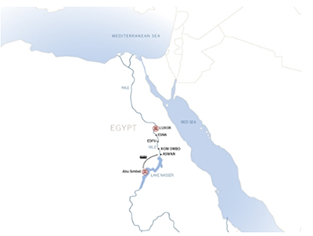 Send Your Request
Send Your Request
You May Also Like
CloseSend A Request

